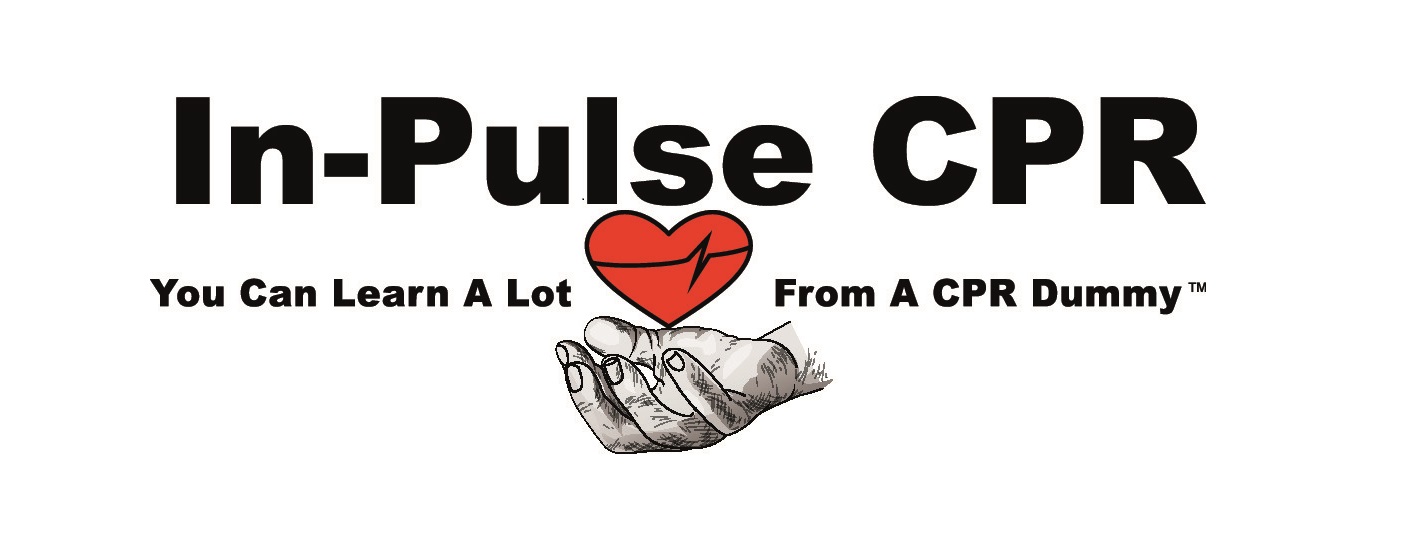How To Avoid Injuries
Unintentional Injuries are a major public health problem. In the United States alone, preventable injuries account for over 3 million non-fatal injuries and 150,000 deaths per year. Globally the number of people dying from unintentional injuries is around 5 million deaths per year. The important thing to appreciate is that many of the injuries can be prevented with already available and inexpensive tools, such as helmets and seat belts.
In the US nearly 55 million people sought medical attention because of non-fatal preventable injuries. Drug overdoses are at an all-time high and risky behavior continues to be a pandemic. People continue to speed, drive while drunk, not wear seat belts, or take selfies from dangerously high elevations. And for those who survive non-fatal injuries, there is the cost of medical care and rehabilitation which can be enormous. Hence it is important to avoid preventable injuries by doing the following:
- Warm-up: Workout injuries can happen at any time and include muscle sprain, shoulder injury, wrist sprain, tendinitis, etc. A simple way to reduce the risk of workout injuries is to first warm-up and cool down prior to any exercise. The warm-up increases your heart rate and loosens your joints and muscles. You may warm up by riding an exercise bike or jog for 5-10 mins. Cold down after the warm-up. Another option is to perform stretching exercises before the workout. Stretching will increase joint mobility and flexibility. Finally do not overdo it and overuse just one set of muscles or it can lead to overuse injury such as tendinitis.
- Wear a helmet: if you love to bicycle, or play contact sports like ice hockey or football, you must wear a helmet. These instruments can protect your brain and face from severe injuries. Head injuries are a very common cause of long-term disability.
- Avoid midday sun: If you want to avoid skin cancer, then it is important to avoid the sun from 10 am to 3 pm. If you do decide to go outdoors, wear sunscreen, a hat, and appropriate garments.
- Seatbelt: Whenever you get inside a motor vehicle use the seat belt as it is known to save lives and prevent serious injuries. The use of seatbelts is the law across the nation. And if you drive, do not overspeed or text because both are known to result in thousands of motor vehicle accidents each year.
- Exercise regularly: Even simple walking every day for 45-60 mins is considered to be a good form of exercise. Walking can help you lose weight, allows you to enjoy nature, clears your mind, and is free. And best of all the benefits of walking will echo until you reach old age.
- Discontinue smoking: If you smoke you should quit ASAP. Smoking not only causes lung cancer but it causes premature heart disease and the risk of stroke. There are no effective aids to quitting smoking- go cold turkey as it is the most effective.
- Install proper lights: if you have elderly folks at home, install proper lights in the hallways and corridors. Falls are one of the most common causes of severe injuries in the elderly. At the same time remove all loose rugs and obstacles.
- Smoke and CO alarms: Every year a significant number of people die from smoke and carbon monoxide poisoning. Thus, it is vital to install both smoke and CO alarms in the home.
- Get adequate sleep: all adults need at least 8 hours of sleep. Hence developing good sleep hygiene is essential as it will improve the quality of your life.
- Depressed: If for any reason you are sad or depressed, visit a healthcare worker. Today there are effective treatments for many mental health disorders including depression.
- Eat healthy: Finally, eat a healthy diet that is more plant-based than meat. Foods that you should eat include whole wheat, fruits, vegetables, nuts, fish, and legumes. Eat meat in moderation. For cooking, use unsaturated oils. Limit the calorie intake to less than 2000 per day.
Final Point
Unintentional injuries are a major burden both to the victim and the government. Even mild injuries can lead to short-term disability and loss of a job. Hence, be proactive and take steps to change your lifestyle to minimize the risk of these injuries. In the end, it will also save you thousands of dollars from healthcare bills.



